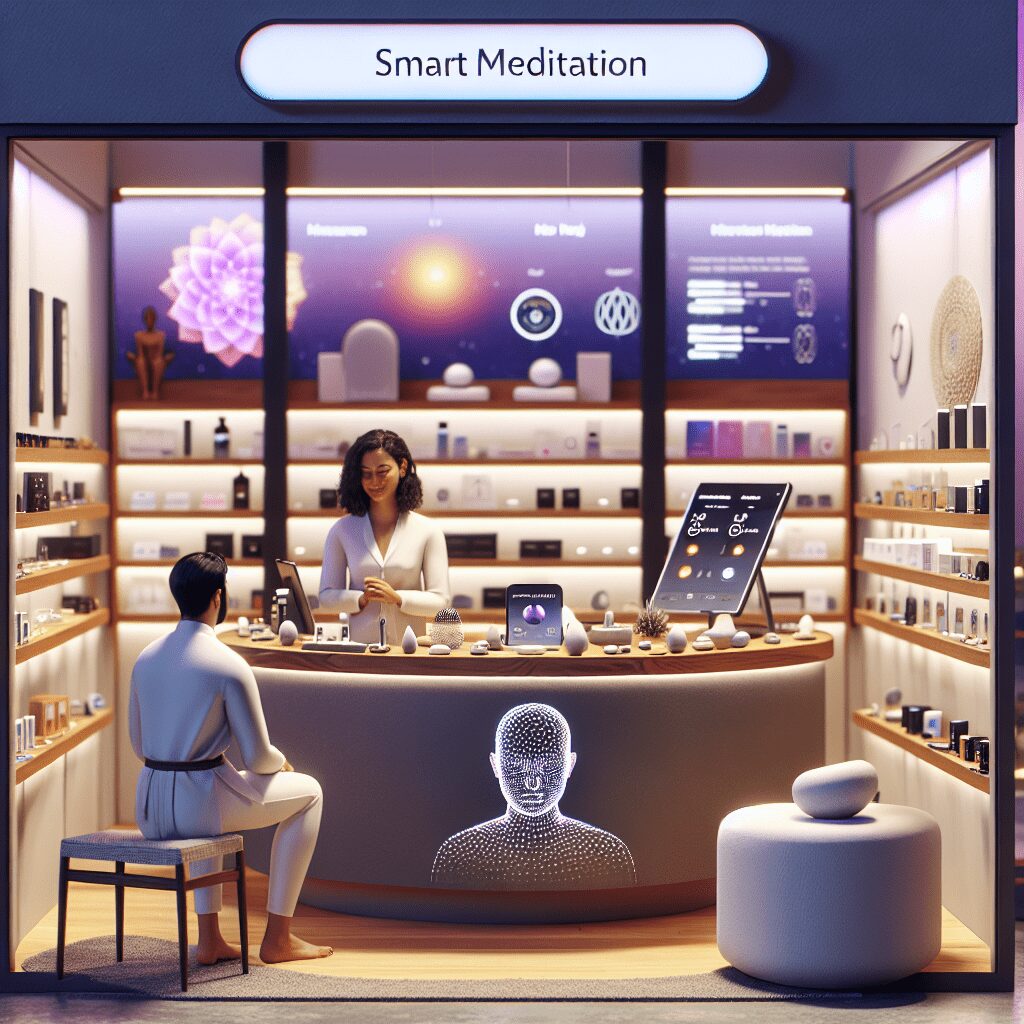
Prioritize your mental well-being daily. Enhance your life by nurturing your mental health with the Smart Meditation app. Break free from stress, alleviate anxiety, and enhance your sleep quality starting today.
Can Singulair Cause Anxiety?
Unveiling the Link Between Singulair and Anxiety
In the modern world, prescription drugs come with their fair share of pros and cons, acting as a double-edged sword in the realm of healthcare. Among these medications, Singulair, also known by its generic name montelukast, has become a household name for those battling asthma and allergic rhinitis. But here’s the kicker: amidst its respiratory relief, whispers and anecdotes suggest that Singulair might be playing a nefarious game, potentially giving rise to anxiety in some of its users. So, is there any truth to these buzzing rumors? Let’s dissect the narrative, examining what the experts say.
The Science Speaks Up: Correlation or Causation?
Singulair, staking its claim in the medicine cabinets of many, works by blocking leukotrienes, substances in the body that cause asthma and allergy symptoms. However, it’s not all clear skies and smooth sailing. The U.S. Food and Drug Administration (FDA) has thrown a curveball, bringing anxiety into the spotlight as a possible side effect.
Digging into the nitty-gritty, the FDA updated the warning label for Singulair in 2020, flagging neuropsychiatric events, amongst which anxiety stars. But hold your horses—while this might sound alarming, it’s crucial to distinguish between correlation and causation. The million-dollar question remains: Does Singulair trigger anxiety, or are these occurrences mere coincidences entangled with other variables?
Understanding the Potential Risks and How to Navigate Them
Navigating the choppy waters of medication side effects can be akin to walking a tightrope. If you’re on Singulair and find yourself feeling jittery or wound up tighter than a drum, you’re likely wondering what your next move should be. Here’s the lowdown on understanding the potential risk and keeping yourself in the clear:
- Stay Informed: Knowledge is power. Familiarize yourself with the side effects and keep an eye out for symptoms that seem out of the ordinary.
- Open Communication Lines: If you suspect Singulair is cranking up your anxiety, it’s time to chinwag with your healthcare provider. Don’t sweep your concerns under the rug.
- Monitoring Is Key: Pay close attention to how you feel before and after taking the medication. Detecting patterns can be a game-changer in identifying whether Singulair is the culprit.
- Weighing Options: In some cases, the benefits of Singulair might outweigh the cons. However, if anxiety turns out to be a persistent gatecrasher, exploring alternative medications or treatments could be on the cards.
The Bottom Line: Tune in to Your Health Symphony
When push comes to shove, navigating the potential anxiety-inducing effects of Singulair boils down to a personalized tune. While scientific findings and FDA warnings hint at a possible connection, every individual’s health symphony plays its unique rhythm. Maintaining harmony requires staying attuned to your body’s reactions, open dialogues with healthcare professionals, and, if necessary, adjusting your medication ensemble to ensure your well-being takes center stage.
In essence, while Singulair might hit a sour note with anxiety for some, the answer, steeped in personal health narratives and scientific scrutiny, suggests a cautious approach. By keeping the lines of communication open and tuning into your body’s signals, you can navigate these murky waters, ensuring your health symphony continues to play a melodious tune.





